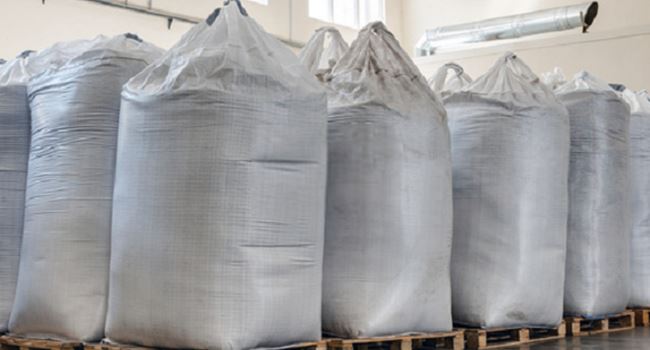Business
Nigeria spend $1.4bn to import chemicals –Research institute

Nigeria’s spending on chemicals from abroad came to $1.4 billion in 2019, the National Research Institute for Chemical Technology said Thursday.
Jeffrey Barminas, Director General of National Research Institute for Chemical Technology, Zaria, revealed during an interactive session with the Senate Committee on Science and Technology that chemical importation was eating away into the revenue of Africa’s largest economy increasingly by virtue of its import-oriented culture.
“We are highly dependent on importation of chemicals and chemical products into this country.
“Just in 2019 alone, this country has lost over $1.4bn on the importation of chemicals.
Read also: ‘How to preserve beans, grains without poisonous chemicals’
“And how can we handle this. We as a nation can produce chemicals and chemical products based on the natural resources that God has endowed us with,” Professor Barminas said.
Nigeria’s long-standing dependence on petroleum led it to forsake indigenous chemical technology, he said, making it to gift a chunk of its income to importing the product.
He is optimistic that the prioritisation of research and infrastructure will enable the nation to bridge its chemical importation gap, noting fertiliser manufacturing as a core strength of the institute.
“The fertilizer we have is not chemical fertilizer that affects the soil when applied over a long period. Rather it is an organic fertilizer; it is need-based,” he added.
Join the conversation
Support Ripples Nigeria, hold up solutions journalism
Balanced, fearless journalism driven by data comes at huge financial costs.
As a media platform, we hold leadership accountable and will not trade the right to press freedom and free speech for a piece of cake.
If you like what we do, and are ready to uphold solutions journalism, kindly donate to the Ripples Nigeria cause.
Your support would help to ensure that citizens and institutions continue to have free access to credible and reliable information for societal development.












